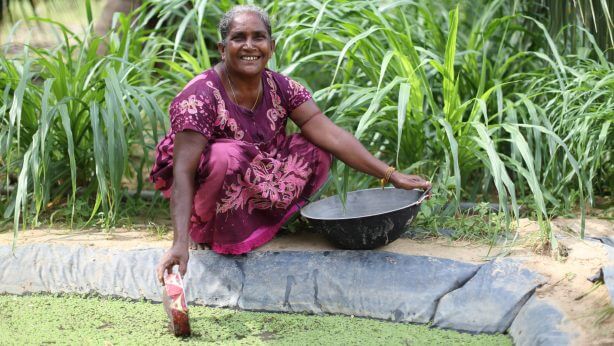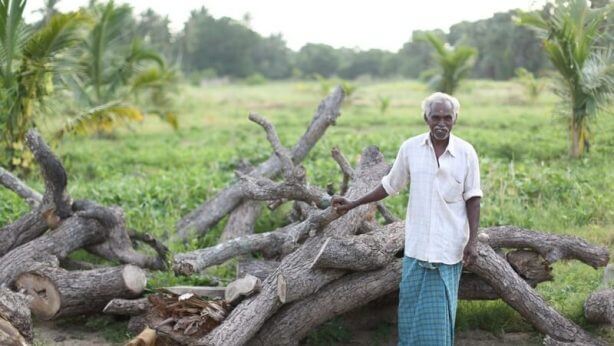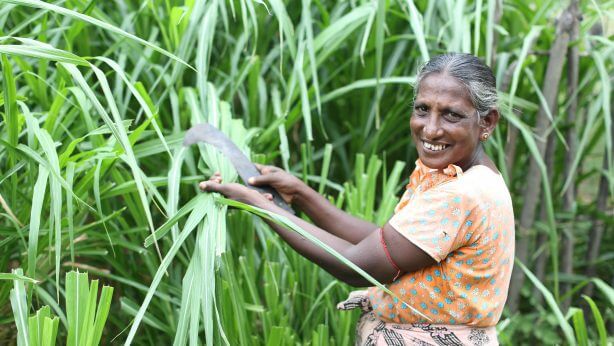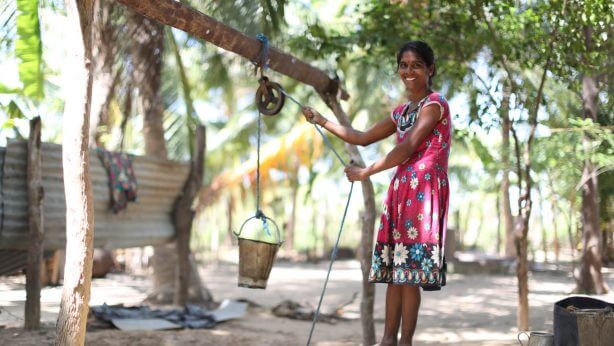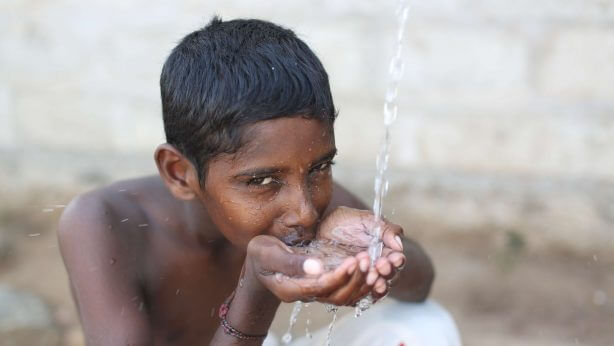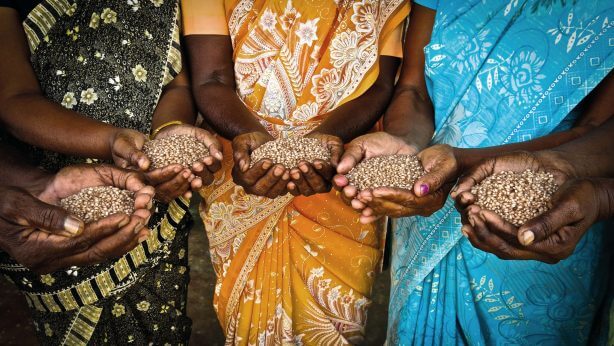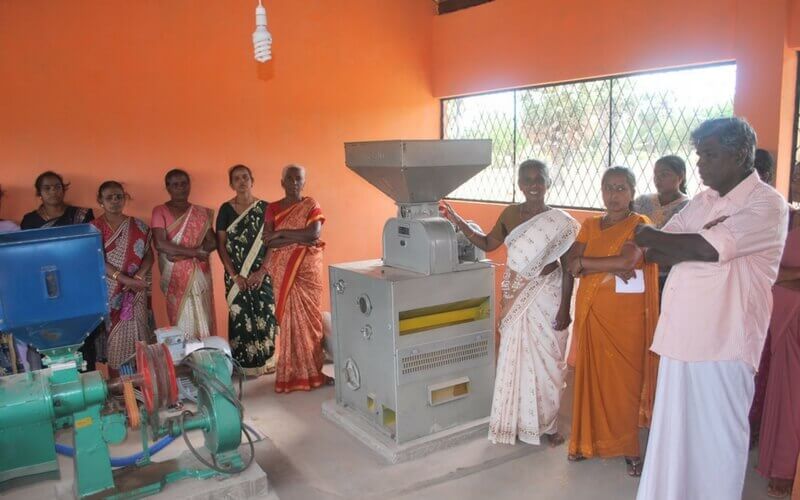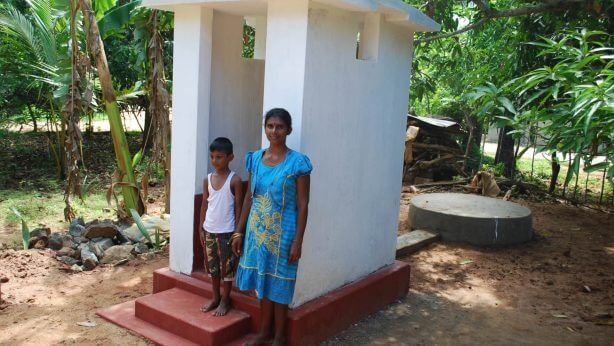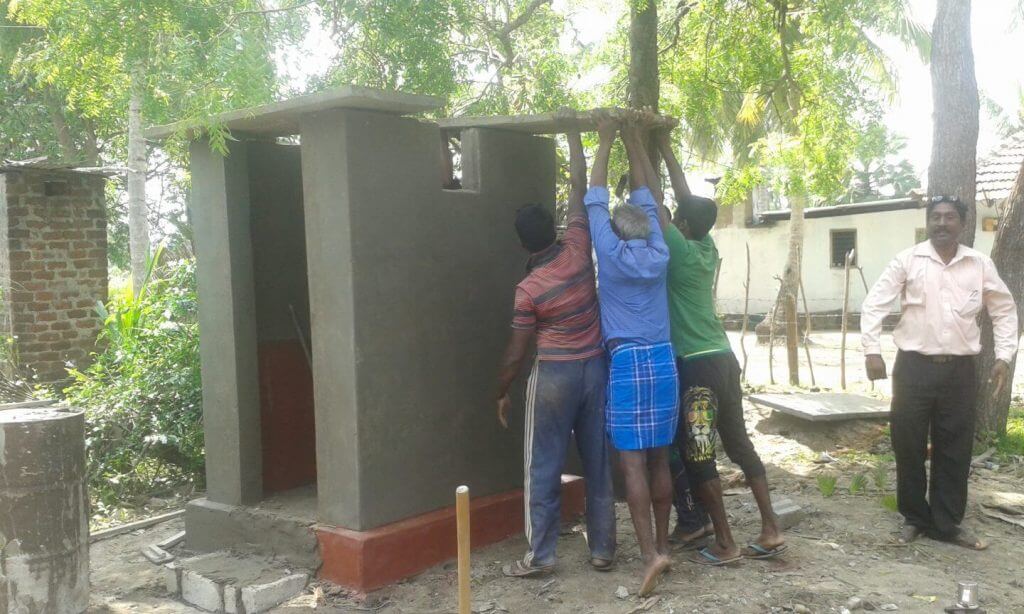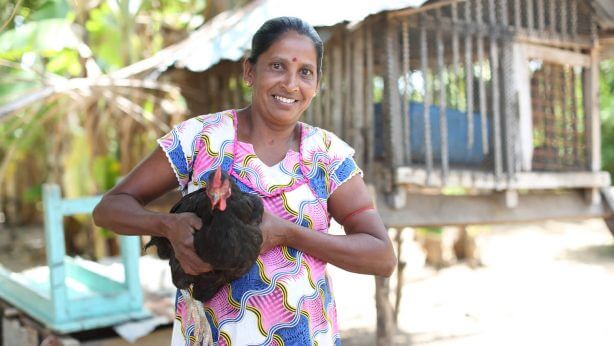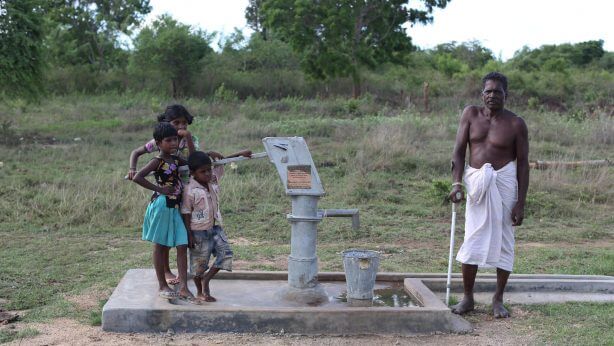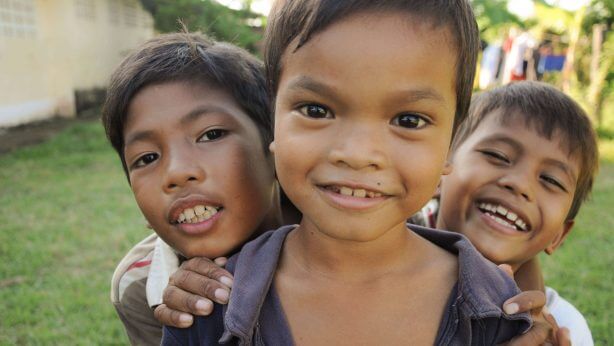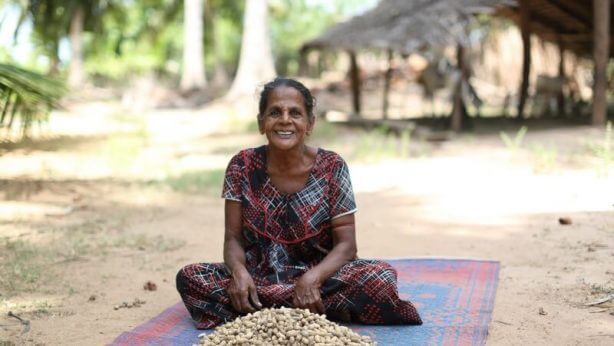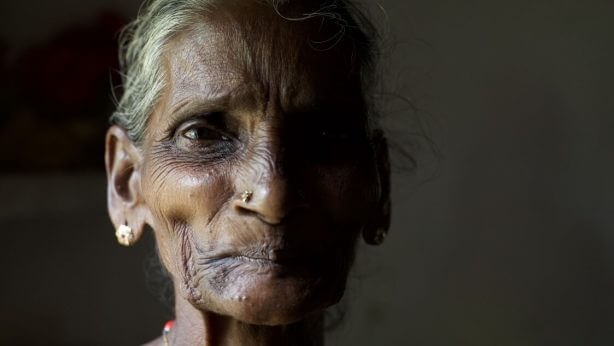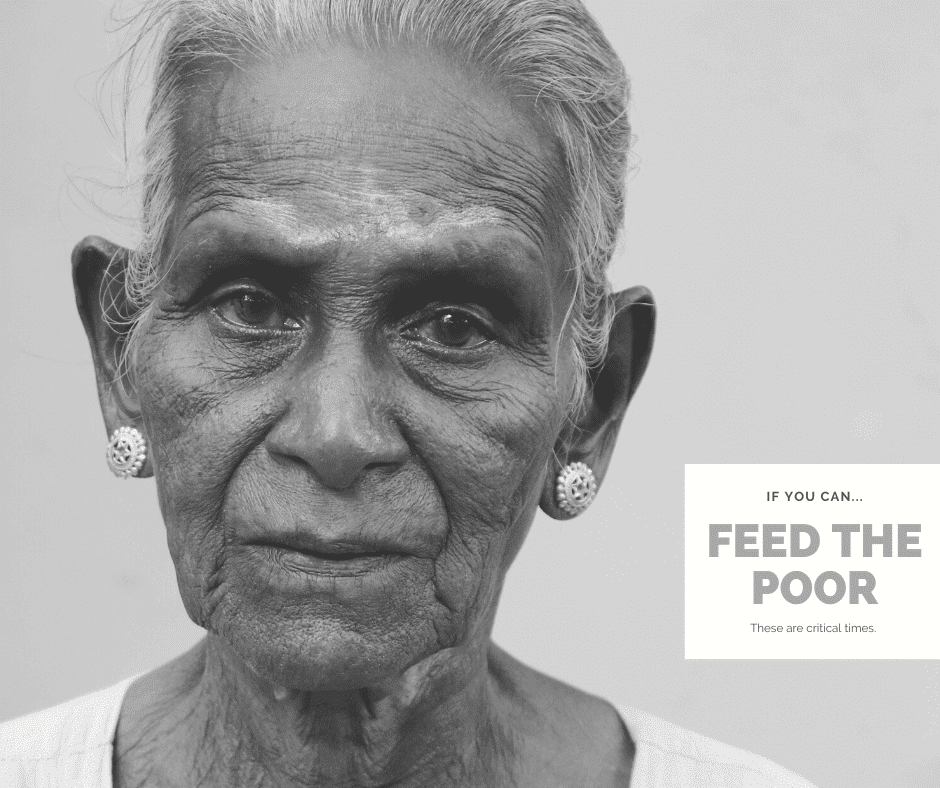Livelihood Kickstarter
Livelihood Kickstarter
Thank you to all our donors, we have met our fundraising goal.
WHY ARE WE INVESTED IN THIS PROJECT?
There is a growing body of evidence that shows that there are better solutions to many of the basic problems plaguing the nation’s food chain can be realised by means of the small family farm rather than through large, capital-intensive, fossil fuel-based operations. But in order to achieve that traditional farms need to become more efficient, which required leveraging new techniques, practices and technologies.
This project focuses on doing just that! Having identified new techniques to make peanut farming more efficient, we will be engaging 36 farmers to trial the methods in their village and then upon success, we will accelerate adoption to other farmers in the village.
THE BENEFITS
The project will directly impact 36 small scale farmers and indirectly benefit over 120 people
- Introduction of new technologies and practices that will significantly increase yield
- Prevent losses during flooding
- Improved quality to meet more profitable market requirements
- Farmers will know how to assess and self-produce seeds reducing costs of production
- Increase income for families to better meet their needs and pursue goals important to them
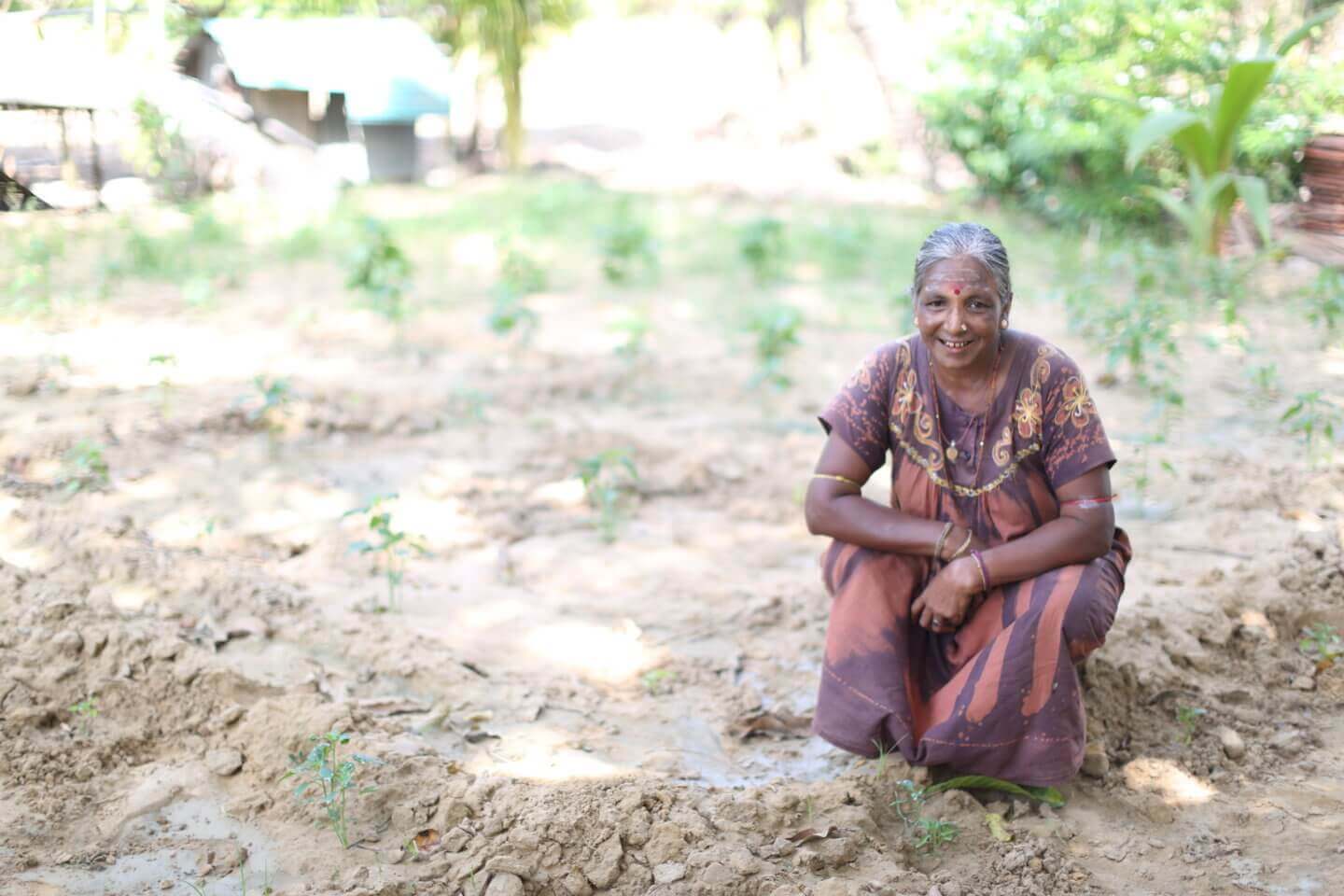
HOW WILL THE PROJECT WORK?
We have identified high performing peanut farmers in the Village of Thervipuram A. With these farmers, we worked with local experts and identified new practices and technologies that could significantly improve the yield of the farmers in the village. The estimated yield increase is approximately 50 – 60%.
Adoption of new practices takes time and in many instances, the poorest are reluctant to engage with these practices because of the risks of the unfamiliar.
In this project we will be working closely with 30 small scale farmers in the village who we call early adopters. They are stronger peanut farmers who see the potential of these practices and are willing to trial and test the method.
We will be providing training on 7 key innovative practices during their harvest, providing close mentoring, linking with the agricultural extension services and subsidising the inputs required for these new practices.
Through the engagement of these early adopters and through the results they produce, we can accelerate adoption through the village to significantly improve their production and quality. This will in turn enable Ranjini and the other farmers to better access profitable markets, increase their incomes and improve their ability to meet their daily needs.
HOW DO WE ENSURE THE PROJECT IS SUSTAINABLE AFTER WE LEAVE?
The program will support the training of the new techniques and provide intensive mentoring so that in time, farmers understand and have fully adopted these improved practices. With improved skills, farmers will be able to stand on their own two feet without the continued support from our local team.
In the initial harvest inputs are subsidised, to encourage adoption of new technologies, but following that, farmers are independent in supporting themselves to purchase the improved inputs. As part of the technologies shared, farmers will learn how to assess and self-produce some inputs such as seeds.
This program forms part of a 5 year village program in the village of Thervipuram A. For 5 years our local team will be based in the village supporting farmers to learn new techniques and supporting them as they adopt the practices. After 5 years our team exists from the village and the farmers and the village will continue to thrive!

